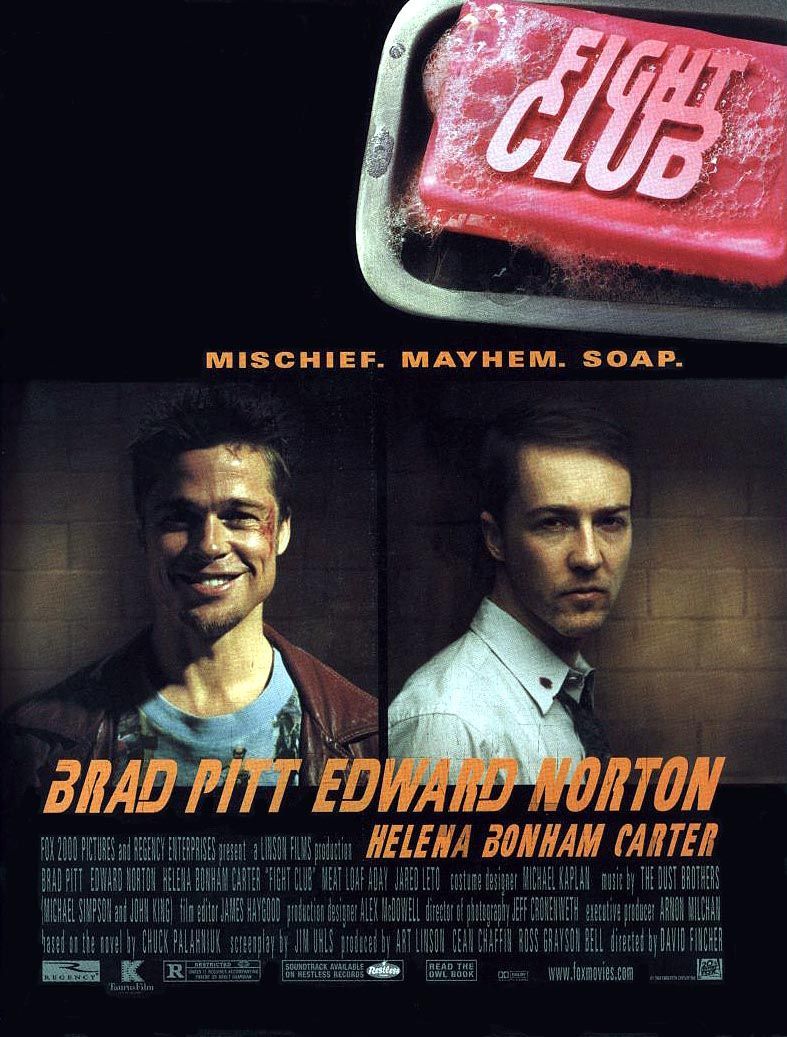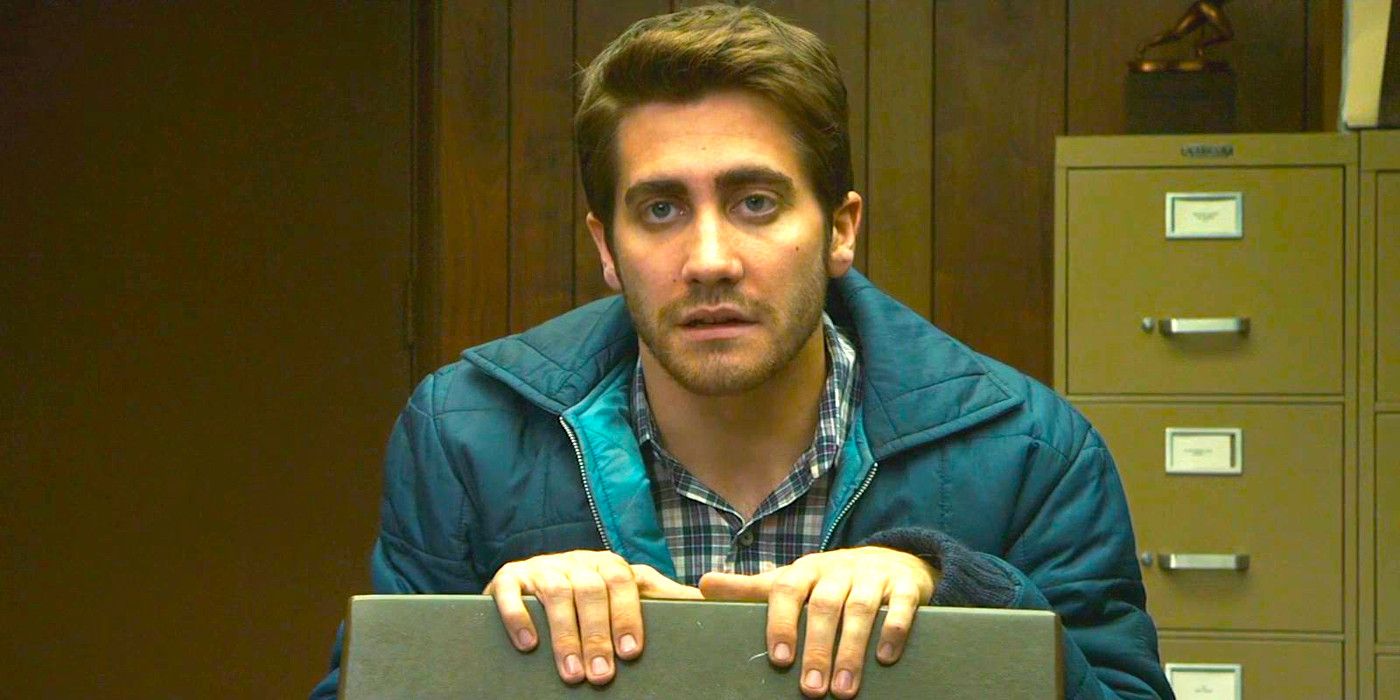
David Fincher Distances Himself from the Far-Right's Interpretation of 'Fight Club'

David Fincher dismisses responsibility for how the far right interprets 'Fight Club', emphasizing that the movie was not made for them The original author also expresses unease regarding the story's resurgence
Article Summary
Director David Fincher addresses the misunderstanding of his film Fight Club, expressing his disbelief that Tyler Durden is viewed as a role model.
Fincher disclaims any responsibility, stating that he has no control over how viewers interpret his work and that symbols and language change with time.
Fincher and author Chuck Palahniuk both express their worries about the identification of Durden with the far-right and incel communities, emphasizing that the character was never intended to be idolized.
Director David Fincher's 1999 satire Fight Club has attained legendary status, enduring 24 years since its release. Unfortunately, the film has been consistently misinterpreted, particularly by the far-right, incels, and self-proclaimed alpha males. These groups have mistakenly viewed it as a call to arms for disenfranchised white men, urging them to rebel against modern capitalist society. Until recently, Fincher refrained from engaging in these discussions. However, in a recent interview with The Guardian, he finally addressed the pervasive misinterpretation. Distancing himself from any responsibility, Fincher expressed his disbelief that Tyler Durden (portrayed by Brad Pitt) could be seen as a role model.
During the interview, Fincher asserted, "I’m not responsible for how people interpret things... Language evolves. Symbols evolve." He acknowledged that the film has indeed become a significant point of reference within certain groups, stating that Fight Club has become a fundamental element of their vocabulary. However, he firmly emphasized that this was never his intention. Fight Club was always meant to depict the descent and transformation of frustrated individuals, such as Edward Norton's depressed office worker and Brad Pitt's charismatic Durden, into a domestic terror group. In response to those who find inspiration in this narrative, Fincher straightforwardly stated, "We didn't make it for them, but people will perceive what they want, just as they do with a Norman Rockwell painting or Picasso's Guernica."
'Fight Club's Original Author Was Equally Unnerved By the Story's Resurgence
However alluring and intriguing Durden and his underground world may seem in Fight Club, the film also highlights the destructive nature of his behavior. The fight club, after which the film is named, fosters camaraderie through violence and rebellion against a society that its members no longer feel a part of. The peril of Durden becomes particularly apparent in the closing scenes of the movie, which were considered controversial, especially in China. In these moments, Norton's character kills off his alter ego Durden, only to witness buildings collapsing and the world burning as Project Mayhem spirals out of control. Fincher found it difficult to understand why such a character could be so appealing. He expressed his frustration, saying, "It’s impossible for me to imagine that people don’t understand that Tyler Durden is a negative influence. People who can’t understand that, I don’t know how to respond and I don’t know how to help them."
Fincher is not the only one who shares this view of Fight Club's far-right audience. In a separate interview with The Guardian in 2018, author Chuck Palahniuk, who wrote the novel on which Fincher's film is based, expressed stronger criticism for incels and other members of the manosphere who identified with Durden and his destructive actions. He noted the irony of this group adopting the same language and highlighted the limited options men have when it comes to metaphors, mentioning The Matrix and Fight Club. Palahniuk emphasized that the story primarily explores themes of identity, the desire for significance, and the dark paths it can lead to. It is important to note that Tyler Durden was never intended to be idolized, a sentiment shared by both the film and the novel. Fight Club can be rented or purchased on Prime Video in the U.S., while Fincher's next film, The Killer starring Michael Fassbender, is set to be released on Netflix on November 10. For more information about the director's passion project, refer to our comprehensive guide.
Fight Club
An insomniac office worker and a devil-may-care soap maker form an underground fight club that evolves into much more.
Release Date October 15, 1999Director David FincherCast Edward Norton, Brad Pitt, Helena Bonham Carter, Meat Loaf, Zach Grenier, Richmond ArquetteRuntime 139Main Genre Drama
Editor's P/S
David Fincher's Fight Club has been a subject of controversy since its release in 1999. The film has been praised for its satirical take on consumerism and masculinity, but it has also been criticized for its violence and its portrayal of women. In a recent interview, Fincher distanced himself from the far-right's interpretation of the film, saying that he does not believe that Tyler Durden is a role model.
I agree with Fincher's assessment. Tyler Durden is a complex and contradictory character, but he is ultimately a destructive force. He encourages his followers to reject society and embrace violence, and he ultimately leads them down a path of self-destruction. The film does not glorify Durden's actions, and it shows the devastating consequences of his ideology.
The far-right's interpretation of Fight Club is a dangerous one. It promotes violence and hatred, and it encourages men to reject their responsibilities and lash out at society. This interpretation is not supported by the film itself, and it is important to remember that Fight Club is a work of fiction. It is not a blueprint for real-life action.














